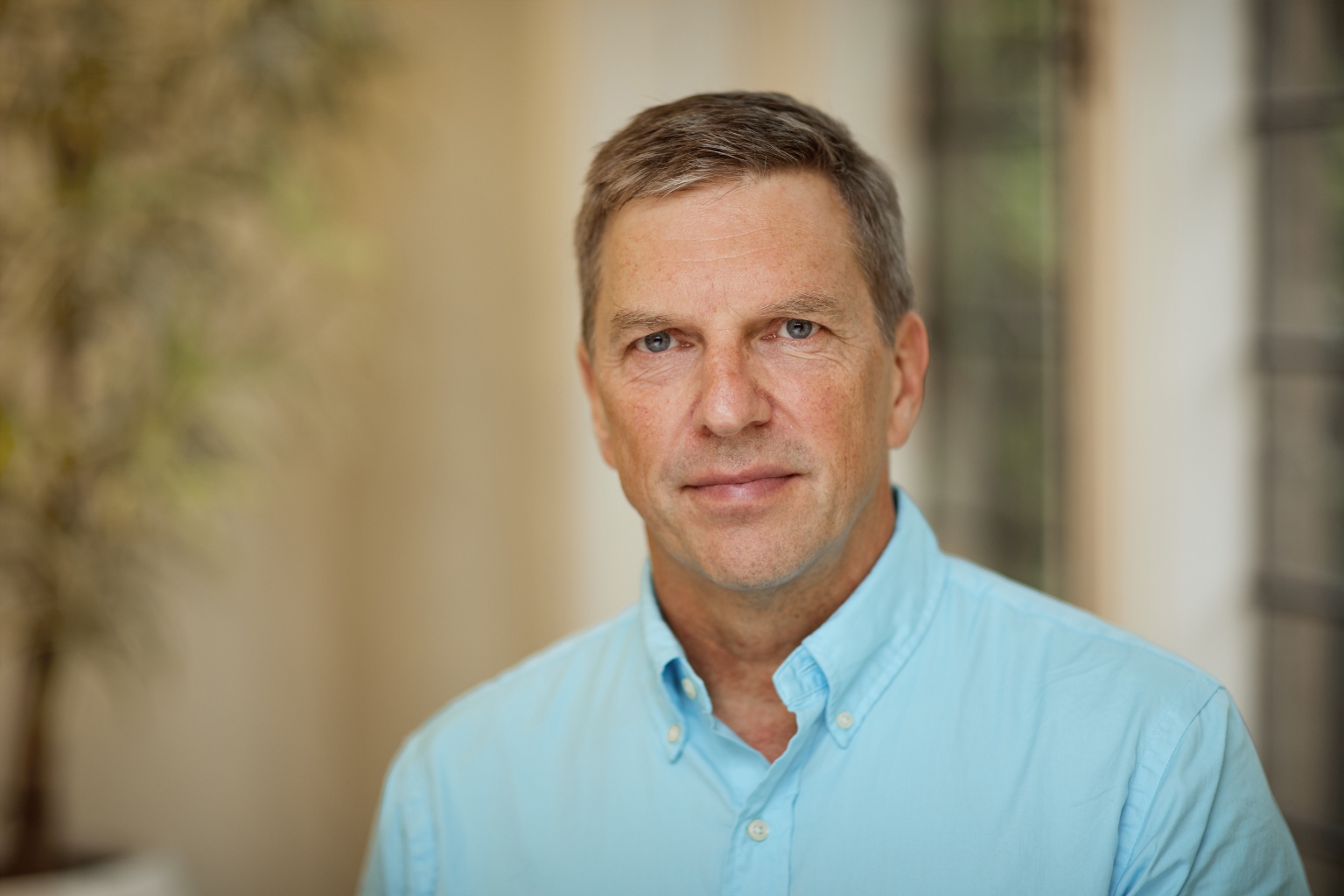Incoming director of biomedical ethics centre aims to help Singaporeans to arrive at right answers
Sign up now: Get ST's newsletters delivered to your inbox

Professor Julian Savulescu, new head of the NUS Centre for Biomedical Ethics.
PHOTO: DAVID FISHER
Follow topic:
SINGAPORE - He does not see his job as telling Singaporeans what the right way forward is but to "enable them to think more deeply for themselves about what they believe the right answer is".
This is the view of Professor Julian Savulescu, who will become director of the Centre for Biomedical Ethics (CBmE) at the NUS Yong Loo Lin School of Medicine on Aug 28.
Biomedical ethics can seem highbrow, but Prof Savulescu tells The Straits Times that it plays an essential role in making decisions that directly impact people's lives.
One salient example of a bioethical decision, he noted, is the implementation of vaccination differentiated measures.
"In the Covid-19 pandemic, some countries decided that the need to protect freedom and personal autonomy would be outweighed by the need to protect public interest," he said.
This can be seen in countries that introduced penalties and restrictions.
Italy and Greece, for example, imposed fines on the elderly if they were not vaccinated.
While such curbs over the freedom to move could be seen as a form of coercive vaccination, Prof Savulescu said some countries consider them justifiable under some conditions.
However, he stressed that though the science on Covid-19 is clear, not all countries will make the same ethical decisions because each has its own value systems.
He said: "Science can tell you how many people will die on this policy or that policy, but it can't tell you the value of freedom and the value of life."
Such questions on how much a person or a country should value freedom or life are another separate ethical endeavour, added Prof Savulescu.
He has been the director of the Oxford Uehiro Centre for Practical Ethics at the University of Oxford since 2002, among other appointments he holds internationally.
Trained in medicine, neuroscience and bioethics, the Australian hopes that he will be able to impress upon Singaporeans the importance of ethics in his new role.
"Every day, we make decisions about how much we should care about the climate or whether we should choose electric cars over petrol cars... all these questions are ethical questions," he noted.
"People like to hope that the world will be simple and black and white although it's often very grey," he said, adding that an ethical education will help people develop principles and reasons to believe the things that they do.
CBmE, which was established in September 2006, studies issues of broad international significance with a particular interest in Singaporean and Asian developments.
The centre's key goal is to promote ethical practice in the context of healthcare provision, biomedical science and health-related policy development.

